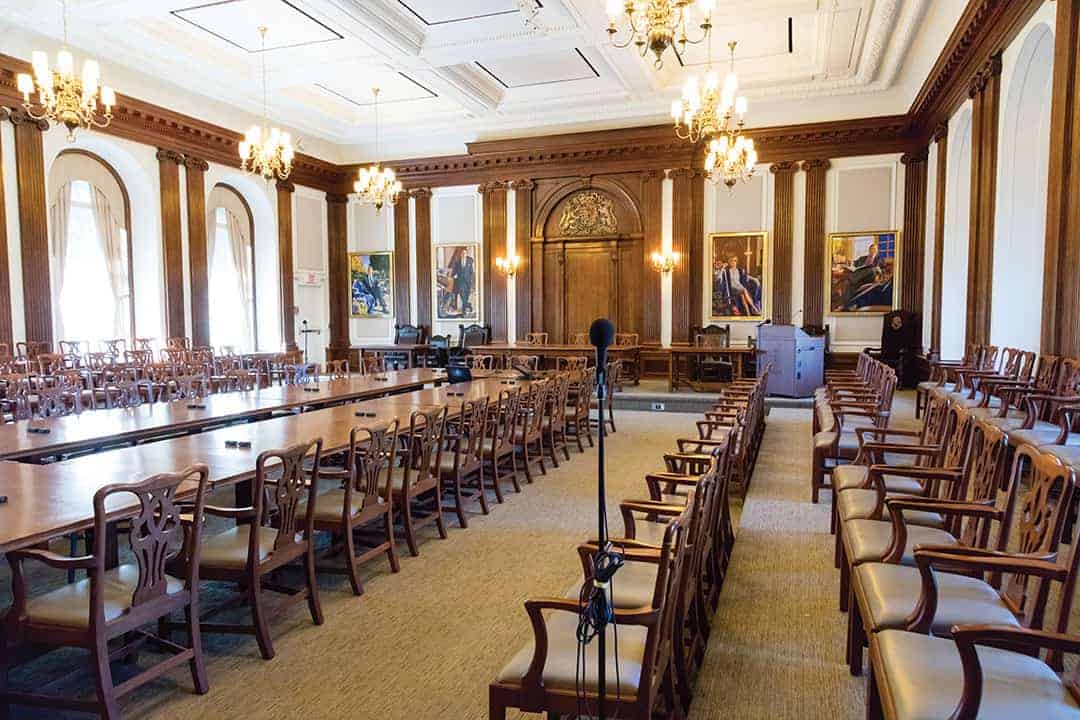At its monthly meeting on June 27, U of T’s Governing Council approved the establishment of the African Studies Centre (ASC), which is located in New College and began operations on July 1. It also celebrated entrepreneurship programs run by the university that convert the university’s intellectual property into business ventures.
A new center for New College
The ASC aims to be an interdisciplinary hub for the study of Africa and its diaspora, moving away from a curriculum that students have criticized for being Eurocentric. It will facilitate collaboration among faculty members, administer the current undergraduate African Studies Program, and possibly administer future graduate programs. The proposal aligns with recommendations from the university’s quality assurance review and is classified as an Extra-Departmental Unit B, meaning it was developed by the Faculty of Arts and Science in collaboration with the Office of the Vice-Provost, Academic Programs.
According to the proposal submitted to the governing council for approval, the African Studies program “has evolved, along with changes in the field, as the most established and leading undergraduate program in the field in Canada… The creation of a centre solely focused on African Studies will allow for expanded research and teaching opportunities in this area.”
U of T entrepreneurship
The Governing Council also discussed initiatives aimed at supporting entrepreneurship and innovation across the university’s three campuses. The council celebrated the University of Toronto Early-Stage Technology (UTEST) program. According to the university’s inventions policy, the university initially co-owns any inventions created or developed “using, in any way, facilities owned, operated or administered by the university and/or funds of, or funds administered by, the University.”
However, U of T allows faculty members, graduate students, and postdocs to decide whether they want the university to take their innovations to market — in which case the university shares 60 per cent of net revenues with the inventors — or if they would prefer to retain ownership and commercialize the inventions independently — in which case the inventor must give 25 per cent of net revenues to U of T.
According to Derek Newton, assistant vice-president, innovation, partnerships and entrepreneurship, the UTEST program has facilitated the creation of more than 170 of these companies and attracted over $700 million in investment. Newton emphasized that the majority of the funds from these companies go to the inventors, with the remainder split between the inventors’ divisions and departments; the division of the vice-president, research and innovation; and a fund that supports future researchers.
Newton also highlighted the launch of an intellectual property course on the Quercus system that will be credited to students’ co-curricular records.



No comments to display.